Make Comparisons to Help the Autistic Person in Your Life Better Understand Your Meaning
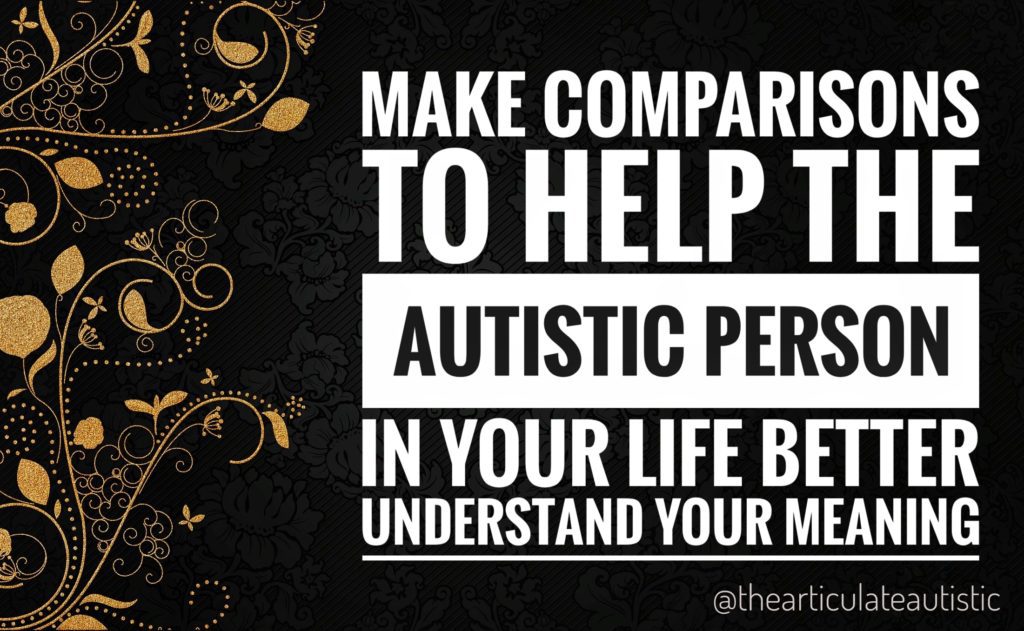
To be better understood by an autistic person about how something is affecting you, EQUATE it with something that affects them!
We autists learn and communicate by relating to our own experiences. This is why, if you’ve ever tried to get an autistic person to just listen to you while you vent, we’ll start telling you about something similar that happened to us. We’re not turning the conversation around to ourselves, we’re trying to relate to you!
So…because of this, it’s a pretty good way to communicate with us!
Let’s say there’s something the autistic person in your life is doing or saying that you find unpleasant…telling us to stop might not work. Telling us that it hurts someone’s feelings when we talk a certain way or use a certain tone might still not connect.
(Article continues below.)
The best way to improve communication with your autistic loved one is to understand how your autistic loved one’s mind works! Intentions, motivations, and personal expressions (facial expressions or lack thereof, body language, etc.), are often quite different in autistic people than they are in neurotypical people.
Experience a better understanding of your autistic loved one by reading books about life from an autistic perspective as well as stories that feature autistic characters. You’ll have so many “Ah ha!” moments and start seeing your autistic loved one in a different light (and you’ll have a better understanding of their behaviors, which you may have been misinterpreting up until now).
Books I recommend for a better understanding of your autistic loved one:
But…if you make a comparison, you’ll have a much better chance of communicating important information and having it received without the misunderstandings and/or a meltdown.
For example:
Johnny, a 17-year-old verbal autistic tends to speak quite loudly no matter where he is or what he’s doing. It’s to the point it hurts other people’s ears, and nothing you’ve said has quite made a connection in his mind.
This may help:
Make sure you are alone together in a place free of distractions, and you have his full and undivided attention.
Then, explain to him about the loudness of his voice and that you are aware he can’t hear his own volume or tone.
Then, say something like, “When your voice gets that loud (notice I didn’t say ‘you’, so there’s no feeling of personal attack), it hurts people’s ears the way the fire truck hurts your ears when it goes by the house.”
Then, if he indicates understanding, offer some solutions or a code to use when the volume is getting a bit loud, so he can regulate.
Also, and this is important. Teach him how to recognize that his volume is becoming overwhelming to others by showing him the facial expressions and gestures to look for in others as it will help him regulate his voice when you’re not around to give him the signal.
Does your autistic loved one appear to often be confused? It’s not an act! Click on the photo to learn more about why autistic people can be very confused in a neurotypical world.
Follow me on Instagram.
Want downloadable, PDF-format copies of these blog posts to print and use with your loved ones or small class? Click here to become a Patreon supporter!



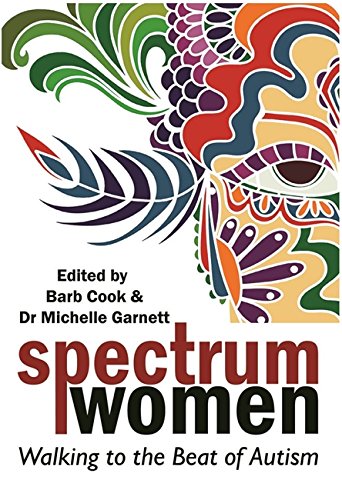
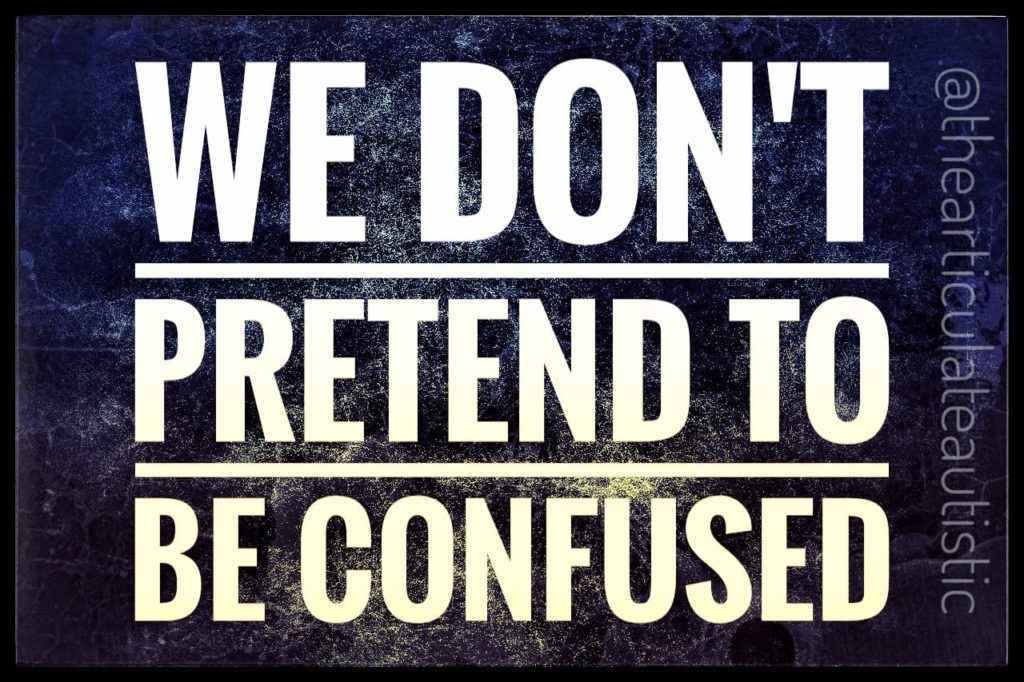




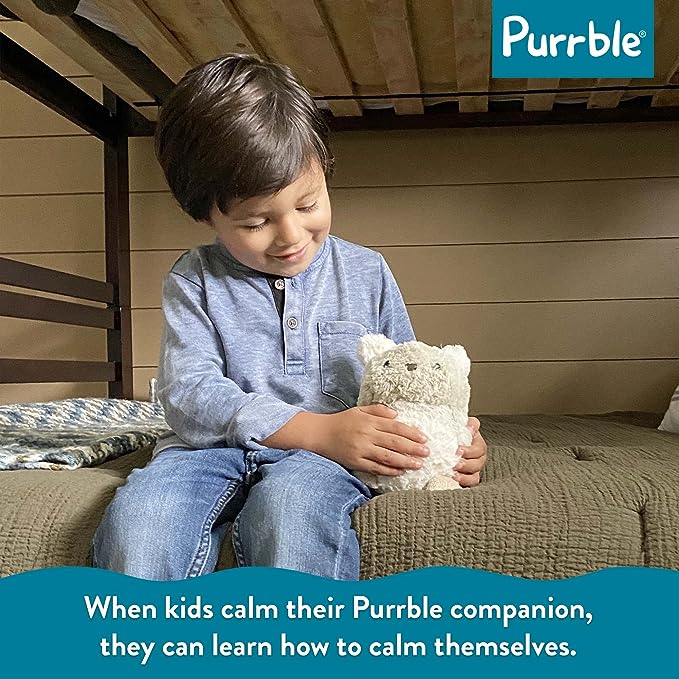
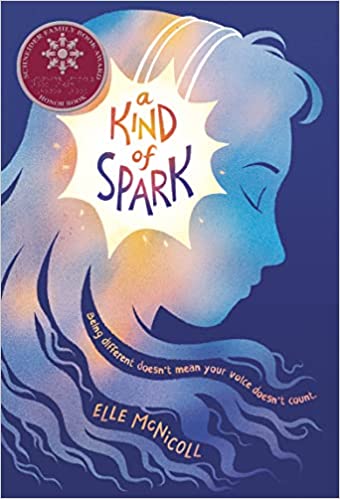



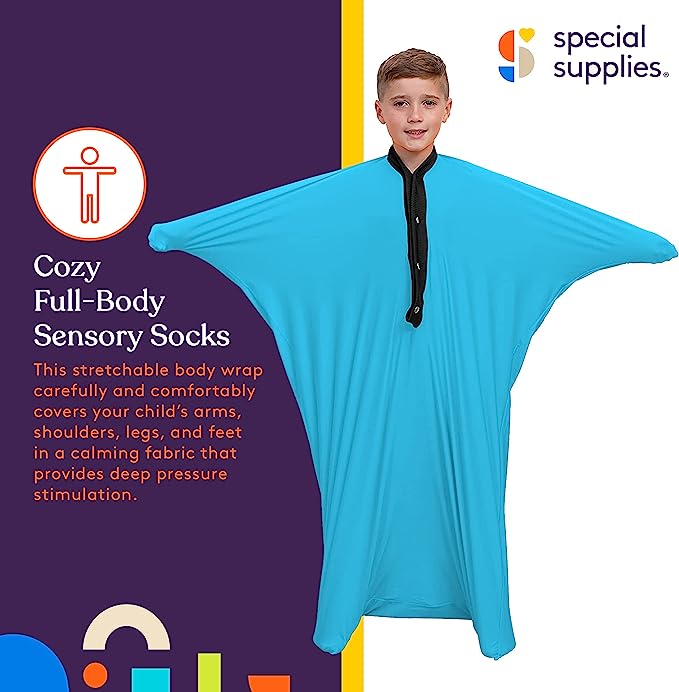
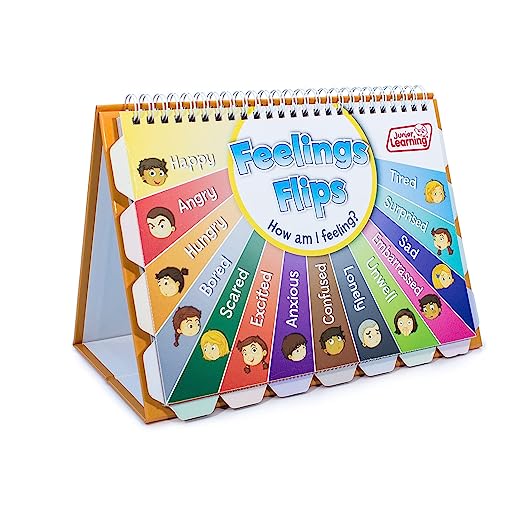
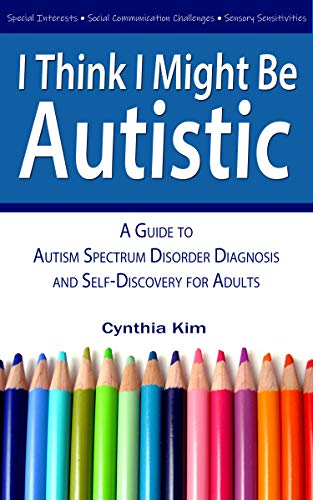
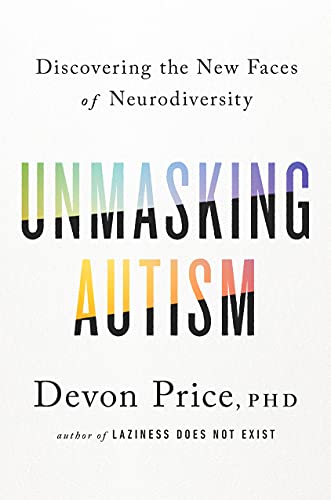
2 Responses
[…] effective tool in helping your autistic loved one understand your meaning is to make comparisons. Learn how this communication tool help you have more effective conversations with the […]
[…] Make Comparisons to Help the Autistic Person in Your Life Better Understand Your Meaning […]